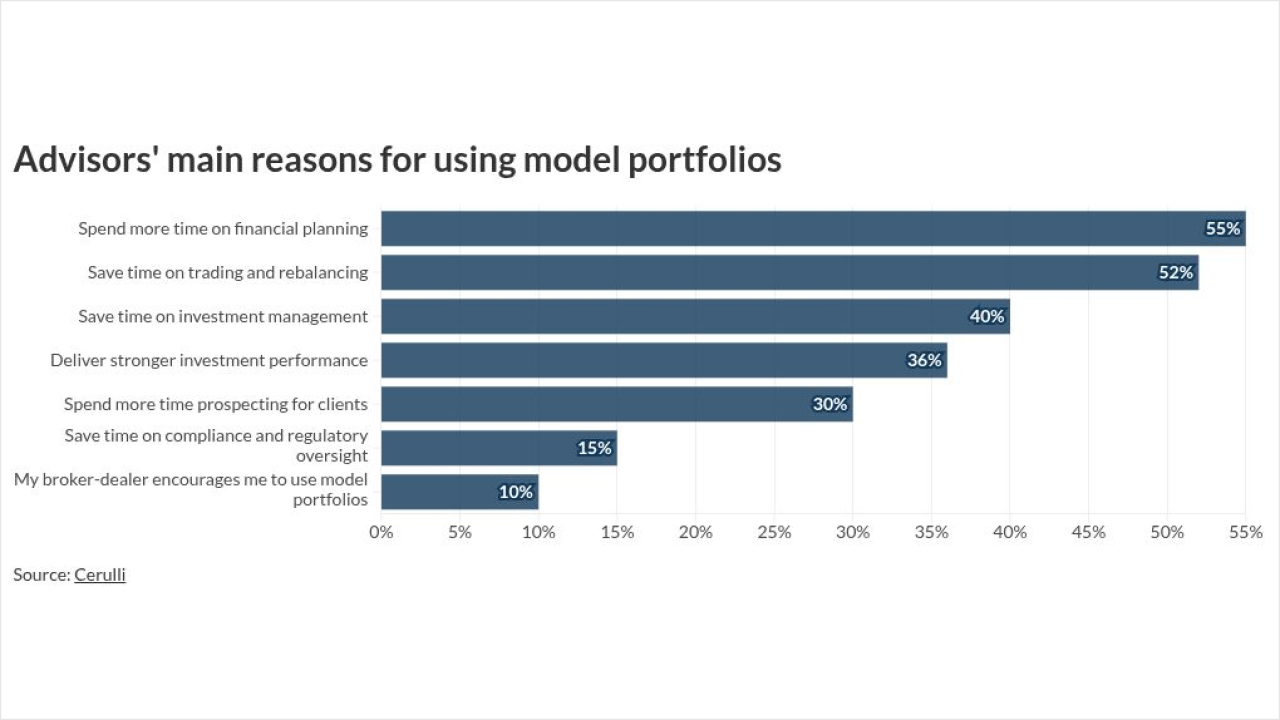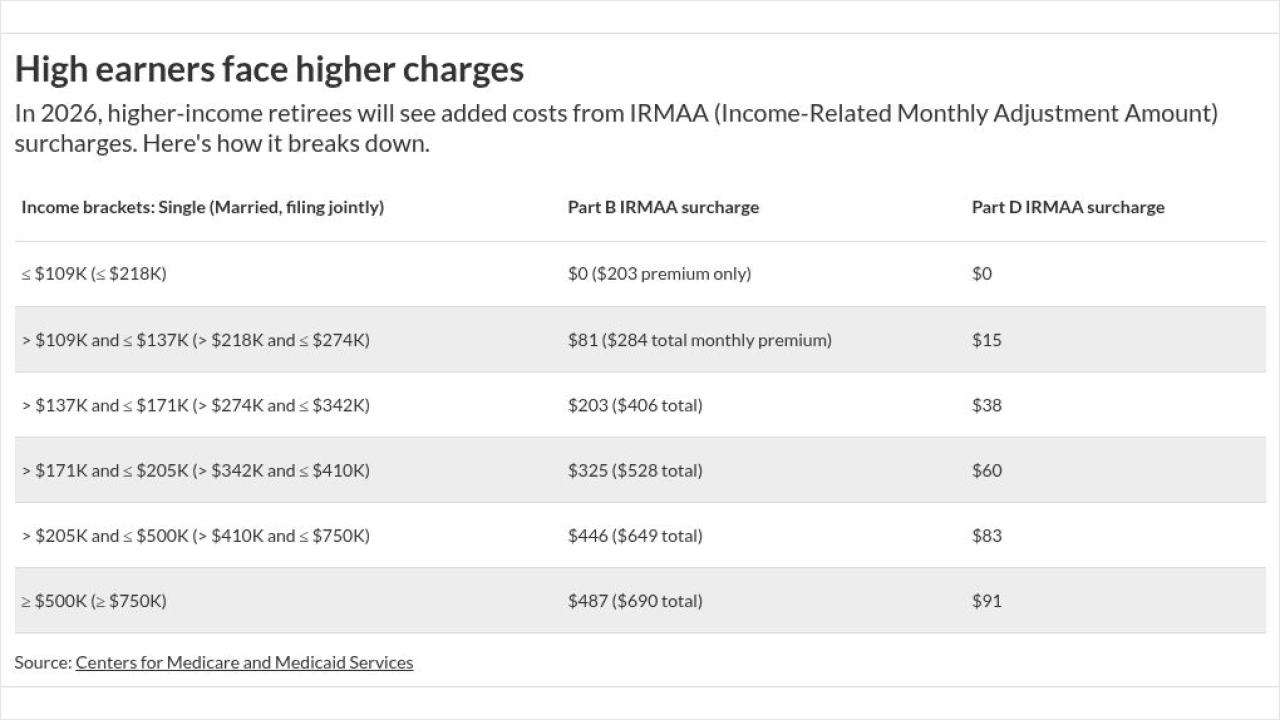NEW YORK - Exchange-traded funds, funds that invest a majority of their portfolios in a variety of stock market indexes, pose a serious challenge to closed-end equity funds, according to some industry analysts.
Exchange-traded funds, also known as spiders or webs, have advantages that closed-end funds do not, said Donald Cassidy senior analyst at Lipper of Summit, N.J. One of the key advantages is that they trade at 100 percent of net asset value while closed-end funds are traded at discount, he said. Cassidy spoke at a closed-end fund conference here that was sponsored by International Business Communications of Southborough, Mass.
"A lot of people don't like the premium/discount risk," he said.
Exchange-traded funds also post net asset values every 15 minutes, can be used for arbitrage, can be bought on margin or with a limit order, and have lower fees, Cassidy said. Also, since funds must redeem in cash while exchange traded funds redeem in shares of stocks they hold, exchange-traded funds do not have to hold cash as most mutual funds do. (MFMN 9/27/99) Also, because they make redemptions in stock, exchange-traded funds circumvent capital gains taxes and are more tax efficient, Cassidy said.
The only drawback to exchange-traded funds is that dividends are reinvested quarterly or monthly rather than daily, as with both closed-end and traditional mutual funds, Cassidy said.
Where there is a country-specific exchange-traded fund and a traditional mutual fund available to investors, the exchange-traded fund always offers investors better performance and lower fees than the traditional fund, said Michael Porter, managing director and senior country fund analyst at Salomon Smith Barney of New York.
"Country webs may have slammed the window on the potential for new, single-country closed-end funds to be introduced," Cassidy said. "Webs, spiders and other exchange-traded funds are very efficient products."
Retail and institutional investors alike seem to like them because they deliver new investing concepts to investors in a simple package, he said. For instance, the Nasdaq-100 Shares fund, which invests in the top 100 leading stocks in the Nasdaq Stock Market, has raised $3 billion since it started trading on the American Stock Exchange in March, Cassidy said. Also referred to by its ticker symbol QQQ, the fund is popular because it provides investors a diversified portfolio of technology stocks, Cassidy said.
Although there are currently only 30 exchange-traded funds with $30 billion of assets under management, that will change next year when Barclays Global Investors of New York introduces the 51 exchange-traded funds it is planning, Cassidy said. (MFMN 8/2/99)
The American Stock Exchange is also exploring offering new types of exchange-traded funds, including enhanced index funds and actively- managed exchange-traded funds, said Gary Gastineau, senior vice president of new product development at the American Stock Exchange.
Unless closed-end funds can solve the discount problem, investors will continue to force closed-end funds to open and will choose exchange-traded funds over closed-end funds, said Cassidy and Gastineau. And, there does not appear to be a solution to the premium/discount issue, said Porter.





